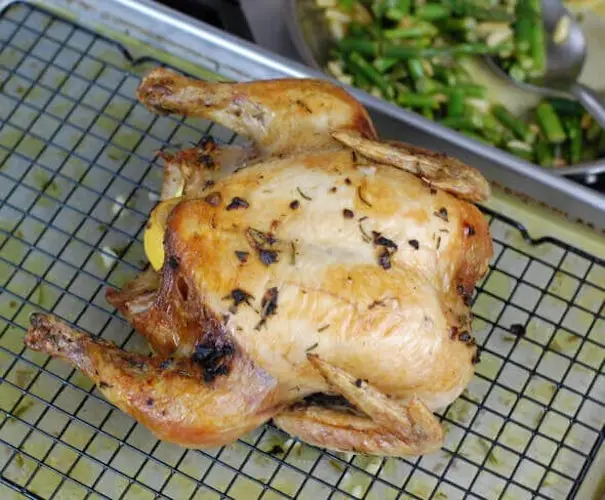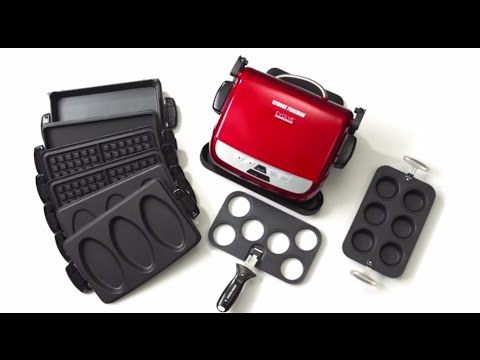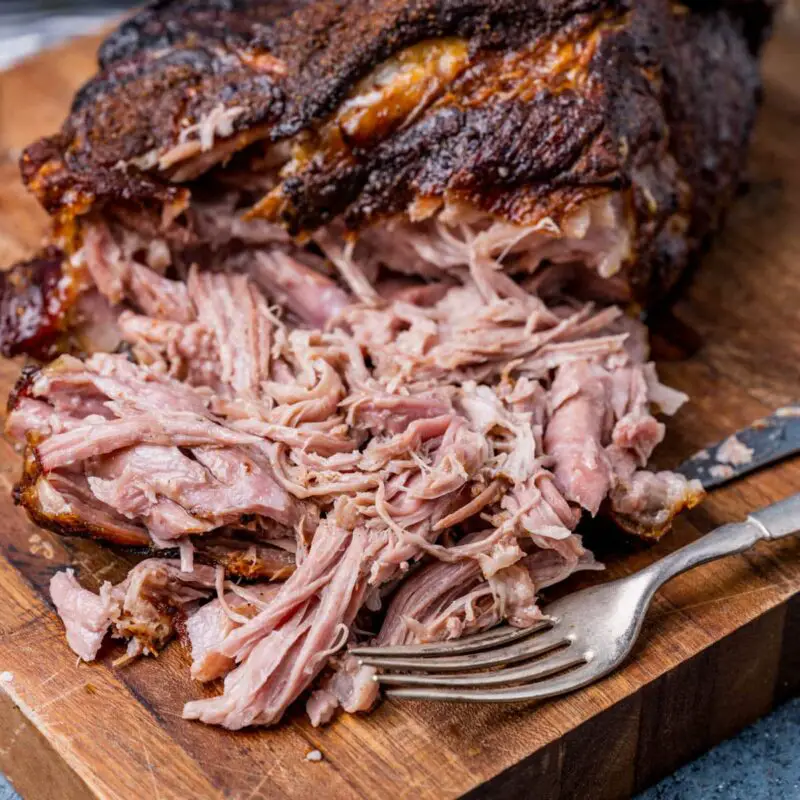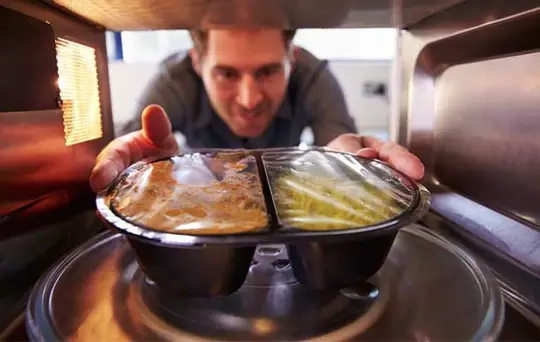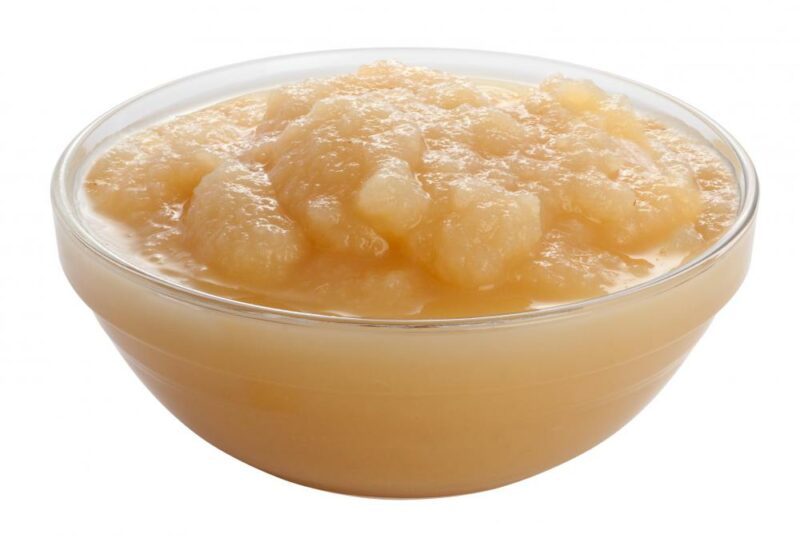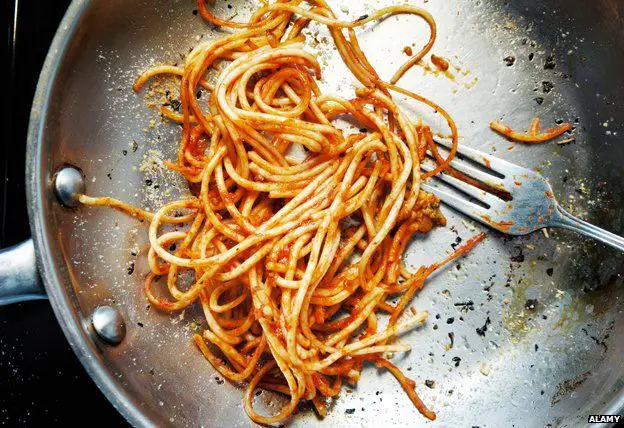Do You Weigh Frozen or Cooked Chicken?
Weighing chicken is important for many reasons. It can impact the accuracy of recipes, the nutritional value of meals, and food safety considerations. However, when it comes to weighing chicken, the question remains – do you weigh frozen or cooked chicken?
Weighing Frozen Chicken
There are benefits to weighing frozen chicken. For one, it can save time and effort. Additionally, some people prefer to purchase and store frozen chicken for convenience.
To weigh frozen chicken accurately, it is important to take a few extra steps:
- Remove any packaging and pat the chicken dry with paper towels
- Place the chicken on a food scale that can handle frozen foods
- Weigh the chicken immediately before using it in a recipe or returning to the freezer for storage
To ensure accuracy in measuring frozen chicken, it is essential to thaw it properly. When thawing chicken, always do so in a refrigerator set at 40°F or below. This helps to prevent bacterial growth and ensures food safety.
Weighing Cooked Chicken
If you prefer to weigh cooked chicken, there are reasons for doing so as well. For one, cooked chicken tends to shrink and lose moisture during cooking, which can impact its weight. Additionally, some recipes require specific amounts of cooked chicken.
To weigh cooked chicken accurately:
- Cook the chicken until it is done according to recommended guidelines (internal temperature of 165°F)
- Remove any bones or skin from the cooked chicken before weighing it
- Allow the cooked chicken to cool before weighing if you are concerned about accuracy
- Weigh the chicken immediately before using it in a recipe or returning it to storage
Comparing Weight: Frozen vs. Cooked Chicken
The weight of frozen and cooked chicken differs because of the moisture lost during cooking. As a general rule, cooked chicken loses about 25-30% of its weight after cooking.
To calculate the weight difference between frozen and cooked chicken:
- Weigh the frozen chicken as described above
- Cook the chicken and remove any bones or skin
- Allow the cooked chicken to cool and then weigh it
- Subtract the weight of the cooked chicken from the weight of the frozen chicken to determine the weight lost during cooking
It is important to note that factors such as cooking method, seasoning, and marinating can impact how much weight is lost during cooking.
Nutrition: Frozen vs. Cooked Chicken
Cooking chicken changes its nutritional value. For one, cooking can cause nutrient loss, especially with certain vitamins like vitamin C and thiamin. Additionally, how you cook the chicken can impact its nutritional value.
To ensure consistent nutritional information when cooking with chicken:
- Choose a lean cut of chicken, such as boneless, skinless chicken breast
- Cook the chicken using healthy methods such as grilling, roasting, or baking rather than frying
- Use appropriate portion sizes to ensure you are getting adequate nutrition without overeating.
When comparing frozen versus cooked chicken nutritionally, there is not much difference. The main factor that impacts nutrition is how the chicken is prepared and cooked.
Recipes: Frozen vs. Cooked Chicken Measurements
Using frozen or cooked chicken in recipes can impact measurements. For example, if the recipe calls for two cups of cooked chicken and you weigh out two cups of frozen chicken, you will have too much chicken.
To convert measurements when using frozen or cooked chicken:
- Weigh the chicken as described above
- Use a conversion ratio of 2:1 when converting from frozen to cooked chicken (i.e., one pound of frozen chicken equals half a pound of cooked chicken)
- Adjust recipes accordingly, using weight-based measurements rather than volume measurements to ensure accuracy
Recipe developers should also consider consistency in chicken measurement. When writing recipes that use chicken, specify whether the recipe calls for frozen or cooked chicken and provide weight-based measurements for accuracy.
Food Safety Considerations
When weighing both frozen and cooked chicken, food safety considerations are important. It is essential to follow recommended guidelines for storing, thawing, cooking, and handling chicken to prevent foodborne illness.
To store frozen chicken safely:
- Keep it at a temperature of 0°F or below
- Use freezer-safe containers or freezer bags
- Date the containers and rotate older items to the front so they get used first
To thaw frozen chicken properly:
- Thaw it in the refrigerator for up to two days before cooking
- If thawing in the microwave, cook immediately after thawing
- Never thaw frozen chicken at room temperature or in warm water
When handling cooked chicken:
- Cook the chicken to a minimum internal temperature of 165°F
- Use clean and sanitized utensils and cutting surfaces when handling cooked chicken
- Refrigerate leftover cooked chicken promptly, within two hours after cooking
Other Protein Sources – Measuring Weight & Nutrition
While chicken is a popular protein source, there are other options available as well. When measuring weight and nutrition for other protein sources, follow similar guidelines.
For example, beef, fish, and tofu can be weighed using similar methods to those used for weighing chicken. The nutritional value of these items is impacted by cooking method and seasoning just like with chicken.
To keep track of protein intake from these sources, use a food scale and reference nutritional information labels to ensure accuracy.
Conclusion
Weighing chicken is a key consideration for recipe accuracy, nutrition, and food safety. When weighing frozen or cooked chicken, consider the benefits and drawbacks of each method along with appropriate ways to handle each type of chicken. By following recommended guidelines and using weight-based measurements, you can ensure accuracy in all your recipes that feature chicken.
Frequently Asked Questions
How do you accurately measure the weight of frozen chicken?
To measure the exact weight of frozen chicken, you should weigh it while it’s still frozen and before cooking it. This helps to avoid any confusion on the amount of meat you’re using in your recipe. It’s also important to remember that the weight may vary depending on how much water is frozen onto the chicken.
Should I weigh my chicken before or after cooking?
For accurate measurements, you should weigh your chicken before cooking it. This will give you more control over the portion size and help ensure that your recipe turns out as intended. When cooking, chicken can lose moisture and therefore lose weight, making it more difficult to measure accurately.
What impact does weighing frozen or cooked chicken have on my recipe?
Weighing your chicken accurately will affect the outcome of your recipe. If you use too much or too little meat, this can alter the flavor, texture and overall dish. It’s essential to follow a recipe that calls for specific amounts of ingredients, so weighing them correctly is crucial for achieving consistent results.
What other factors should I consider when weighing my chicken?
In addition to measuring the weight of your chicken accurately, there are other factors to consider when weighing meat. Make sure to account for any bones or skin attached to the chicken as this will affect its actual weight. Consider using a high-quality kitchen scale and ensure that it is calibrated correctly for precise measurements.
